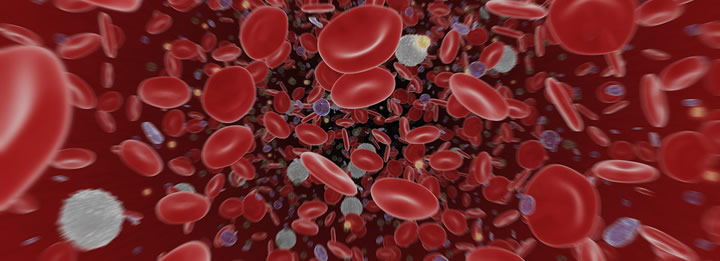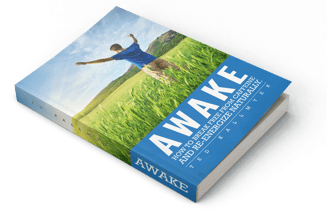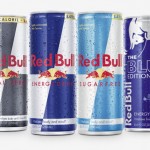Caffeine Absorption

How Quickly Does Caffeine Enter The Bloodstream?
Those that are regular consumers of coffee or energy drinks have figured out that it takes about 15-20 minutes before the effects of caffeine are realized.
Energy shots can be a tad quicker since there is less liquid to drink and food items such as caffeinated gum or chews can be even quicker since some of the caffeine is absorbed through the lining of the mouth.
However, feeling alert doesn’t really tell us how long it takes for all of the caffeine to be fully absorbed into the bloodstream. This is a bit more complicated.
Luckily, there have been a few scientific studies that have measured how fast caffeine via different mediums is completely absorbed by the bloodstream.
Caffeine Absorption Rates
| Caffeine Medium | Amount | Bioavailability | Blood Saturation |
|---|---|---|---|
| Caffeine Capsules¹ | 200mg | 90% | 84-120 minutes |
| Caffeine Gum¹ | 200mg | 77% | 44-80 minutes |
| Coffee² | 200mg | 99% | 42-39 minutes |
| Energy Drink² | 200mg | 99% | 42-39 minutes |
Looking at the above data, we can glean some interesting information.
- Liquid is the overall best caffeine delivery method with the most caffeine being absorbed in the least amount of time to fully saturate blood plasma.
- The effects of caffeine gum are quicker, but less caffeine is absorbed overall. An advertised 100mg caffeine piece of gum would really only deliver 77mg of caffeine.
- Caffeine capsules and tablets take the longest to fully saturate the blood since they have to dissolve in the stomach first.
We couldn’t locate any data on caffeine candies such as LiveWire Chews or Jelly Belly Extreme Sports Beans, but since these items are completely dissolved by the saliva and swallowed, they would most likely have similar results as the liquid caffeine delivery agents.
As for caffeinated gum, our guess would be that caffeine gum has less bioavailability because some of the caffeine gets trapped in the gum material, which is not fully consumed.
Is Caffeine on an Empty Stomach Best?
Many people report that drinking caffeine on an empty stomach provides faster absorption than drinking caffeine with food or after eating.
There was some research³ into this notion and it found that the rate of stomach emptying did speed up or slow down blood saturation rates. People with full stomachs, especially those given a high fiber (hard to digest) meal had slower caffeine absorption rates.
Different Times Call For Different Caffeine
Caffeine absorption isn’t as straight forward as people might think since there are several variables that influence how quickly it saturates the bloodstream. While there are many ways to consume caffeine, the best way may depend on the situation a people find themselves in.
If a person needs to feel the effects of caffeine quicker, gum or candy would be in order. But, if a person wants to get the most bang for their buck, then caffeine in liquid form will deliver the exact dose they had hoped for.
This article only covers caffeine absorption, so If you also want to learn about caffeine metabolism look here and see this article for information about the half life of caffeine.
References:
1. http://www.ncbi.nlm.nih.gov/pubmed/11839447
2. Caffeine for the Sustainment of Mental Task Performance: Formulations for Military Operations ( 2001 )
3. http://www.ncbi.nlm.nih.gov/pubmed/3407246

Get Help Quitting Caffeine
Reduce your caffeine intake without pain and discomfort.
Download our FREE ebook




